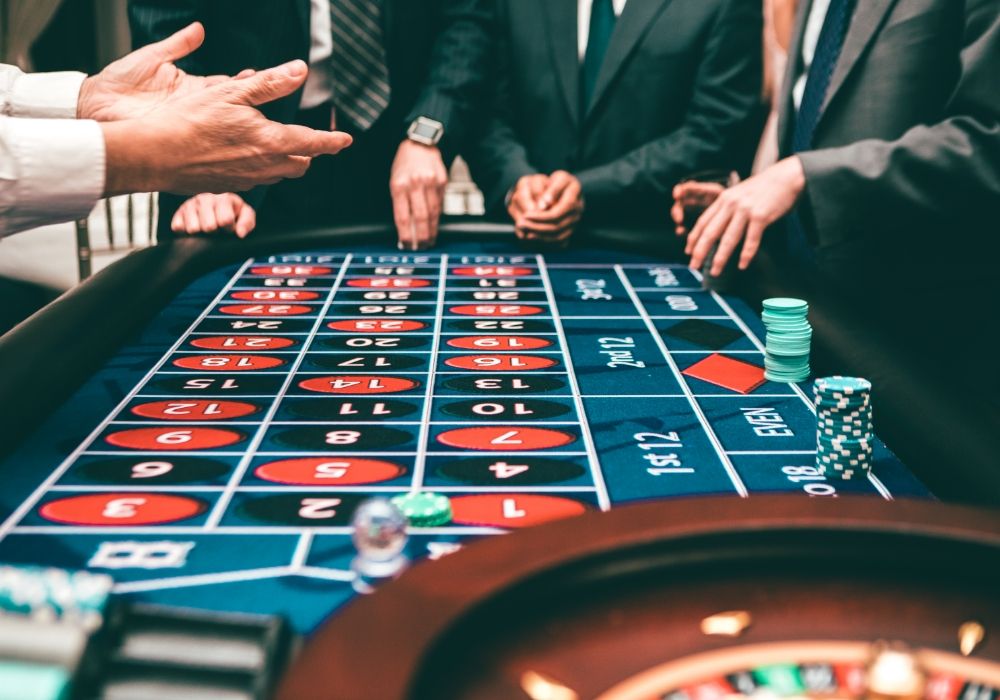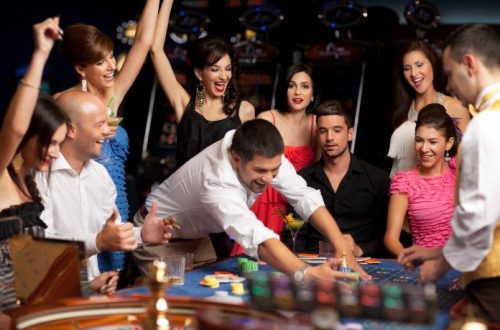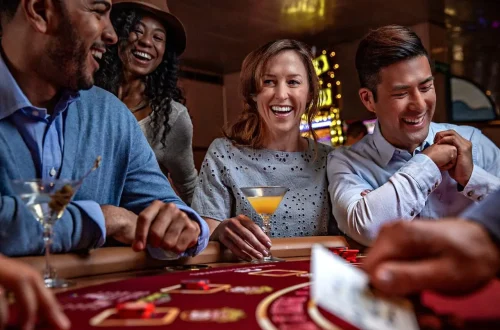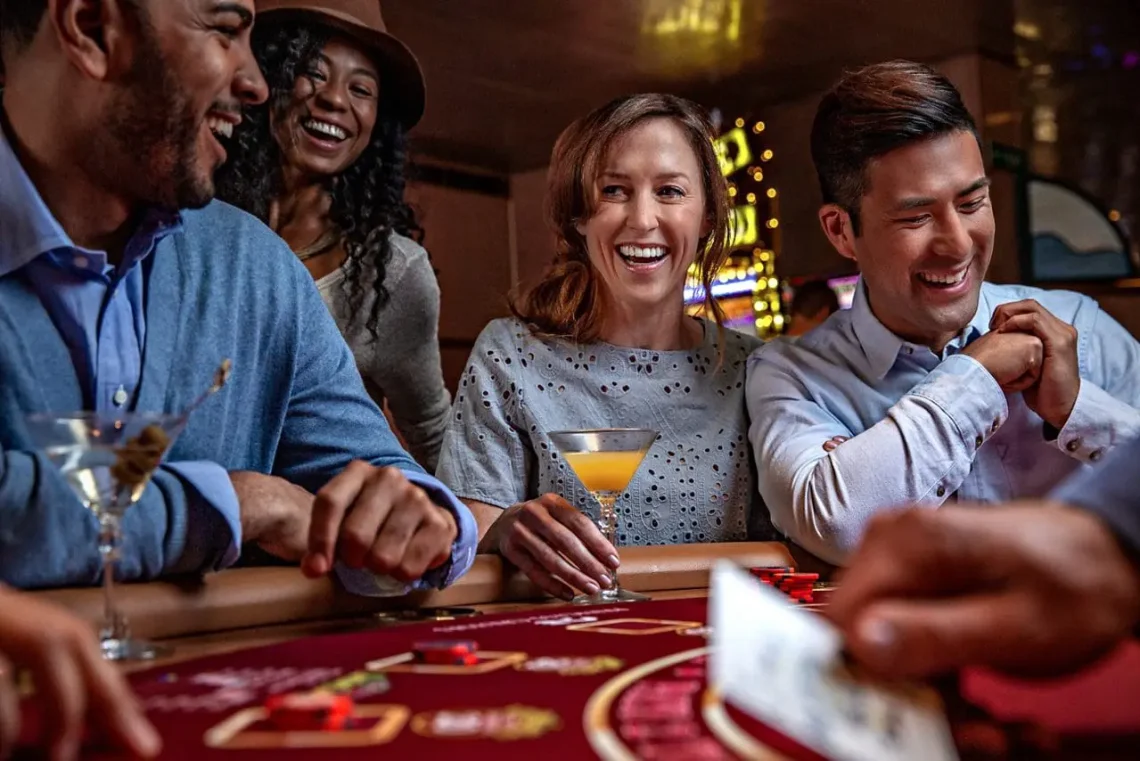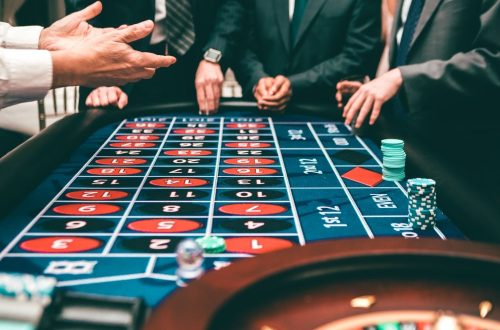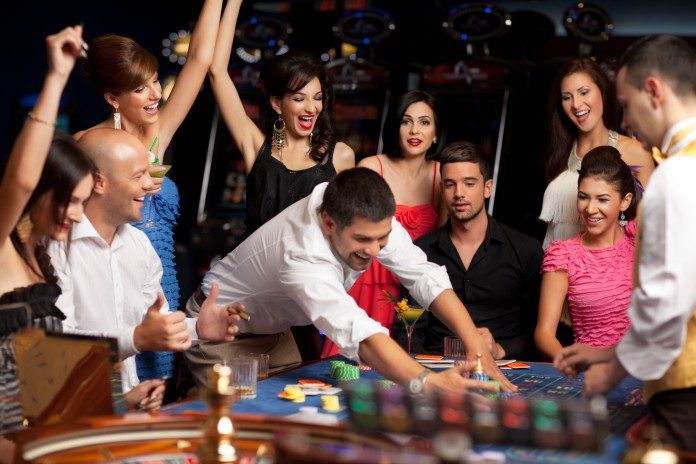Slots
-
Excitement and Escape from Predictability: Why Casino Gambling Is Perceived as Freedom
Freedom, in One Click
Modern life is scheduled to the minute – alarms, calendars, KPIs, chore lists. In that clockwork world, a bet can feel like cutting the power to monotony. Platforms where you Casinoly login are less about jackpots than about crossing a threshold: from planned outcomes to uncertain ones, from measurable progress to meaningful moments. Players say they feel “free” when they gamble – not because money is guaranteed, but because, for a while, predictability loosens its grip. This article explores that feeling with unusual lenses: neurobiology and predictive processing, design and soundscapes, anthropology and philosophy, and micro-rituals that make randomness feel like self-rule.
The Weight of Predictability – and Why We Flee It
Predictability is a double-edged sword. It protects us (paycheck, routine, hygiene) and quietly flattens us (staleness, emotional blunting). When every day rhymes with the last, novelty-starved brains crave entropy – patterns that don’t repeat. Gambling supplies high-intensity uncertainty in an instantly accessible container. The rules are knowable; the outcomes aren’t. That blend – structure at the edges, chaos in the middle – feels safe enough to try and wild enough to matter. The appeal is rarely “money only.” It’s the chance to reintroduce surprise and feel time thicken with consequence.
Freedom as Uncertainty: A Paradox That Works
We usually define freedom as “control.” Yet players often report peak freedom in the exact opposite – when the outcome is out of their hands. Why? Because the freedom they experience isn’t freedom over events; it’s freedom from repetition. Philosophers would call it liberation from necessity: an intentional migration from the certain to the possible. You don’t command the wheel or the reels; you command your crossing into possibility. That chosen exposure to chance is the paradox at the core of gambling’s allure.
-
Casinos as a Quiet Room for Emotions That Are Embarrassing to Talk About
Where Silence Speaks Louder Than Words
There are feelings we parade in public – excitement, happiness, pride – and there are feelings we hide, unsure how others might react. For some, these hidden emotions find a home in unexpected places. On platforms like 5gringos, players discover a private, judgment-free space where they can experience emotional states they would never admit to friends, partners, or family.
Casinos – whether online or land-based – are not just spaces for betting. They are emotional quiet rooms. Places where shame, envy, anger, longing, or even grief can be felt fully without the need to explain. The game becomes both the mirror and the container for emotions that are otherwise unspoken.
The Concept of the “Emotional Quiet Room”
What Is an Emotional Quiet Room?
An emotional quiet room is not about physical silence – it’s about emotional privacy. In the casino context, it’s the mental space where:
-
When Losing in Casinos is Comfortable: The Phenomenon of Voluntary Defeat
Imagine this scenario: you’ve just lost a bet at an online casino like https://neon-54-casino.gr/, but instead of feeling frustration, disappointment, or regret, you feel oddly comfortable – perhaps even relieved. It sounds counterintuitive, doesn’t it? Losing money should naturally lead to negative emotions. However, a curious phenomenon known as voluntary defeat suggests that sometimes, gamblers subconsciously or even consciously prefer losing.
This article delves deeply into this paradoxical behavior, exploring why and how losing can become psychologically comforting, and why certain players repeatedly experience voluntary defeat.
Understanding Voluntary Defeat in Gambling
What Exactly is Voluntary Defeat?
Voluntary defeat occurs when gamblers subconsciously or intentionally place bets expecting or even hoping to lose. Although seemingly irrational, this behavior serves deeper psychological needs, such as emotional comfort, release of pressure, or validation of certain beliefs about luck and fate.
